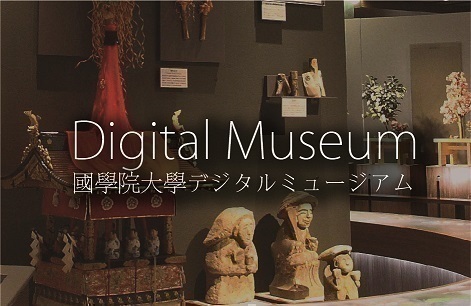- トップ
- Encyclopedia of Shinto
- Yamaga Sokō
Encyclopedia of Shinto
| Main Menu: | |
| Links: |
詳細表示 (Complete Article)
| カテゴリー1: | 8. Schools, Groups, and Personalities |
|---|---|
| カテゴリー2: | Personalities |
| Title | Yamaga Sokō |
| Text | (1622-1685) An early Edo-period scholar of Confucianism and Military Science. His formal name was Takasuke, his style was Shikei, and he had the epistolary names Sokō and Inzan. Born in 1622 in Aizu Wakamatsu, he began his study of the Neo-Confucian Zhuxi under Hayashi Razan at the age of nine, and from the age of fifteen devoted himself to military studies under the guidance of Hōjō Uchinaga and Obata Kagenori. At the age of seventeen Yamaga studied Ryobu Shintō under Azechiin Kōyū of Mount Kōya, and later studied Inbe Shintō under Inbe Tansai. Moreover, he mastered the study of ancient Japanese literature (wagaku), being well versed in classics such as Genji monogatari, Ise monogatari, and Man'yōshū. Yamaga became particularly famous as a military scientist and was invited by feudal lords (daimyō) such as Tokugawa Yorinobu, Matsudaira Sadatsuna, and Asano Naganao, but he repeatedly refused their offers. He wrote many treatises on military subjects, including the Bukyō zensho (Bibliography of Martial Teachings) or Bukyō shōgaku (Introduction to Martial Teachings). In his later years he became critical of Neo-Confucian learning, and by the age of forty five was exiled to Akō (in today's Hyōgo Prefecture) for his insistence on returning to Confucius' original practical standpoint in his Seikyō yōroku (Digest of Sacred Teachings). During the nine years of his confinement, however, he produced a wealth of writings. Especially in his Chūchō jijitsu (The Real Middle Dynasty), he developed his own interpretation of Shinto, based on a unique synthesis of Confucianism and Shinto. Due to this original approach to Confucianism he is regarded as a forerunner of Ancient Learning (kogaku). Yamaga died on the twenty-sixth day of the ninth month, 1685, at the age of sixty-three. —Yazaki Hiroyuki |




